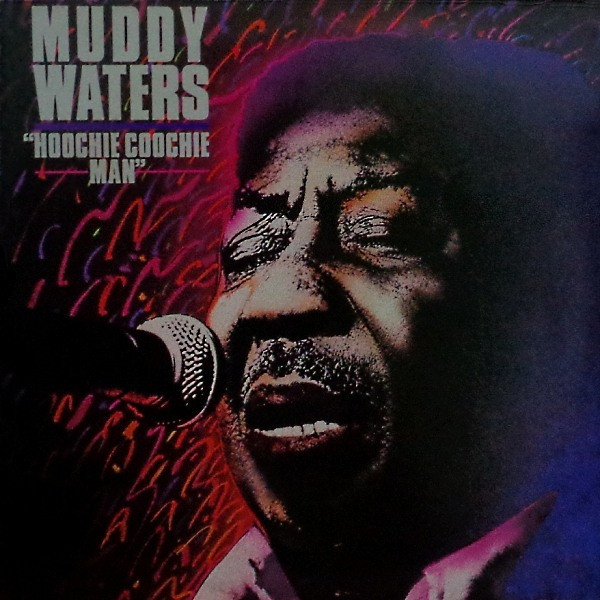Top 100 Songs
Dave’s Music Database lists are determined by song’s appearances on best-of lists, appearances on compilations and live albums by the featured act, and songs’ chart success, sales, radio airplay, streaming, and awards.
1. In the Mood (1939) #1
2. Chattanooga Choo Choo (1941) #1
3. That Old Black Magic (1943) #1
4. Moonlight Serenade (1939)
5. Tuxedo Junction (1940) #1
6. Moonlight Cocktail (1942) #1
7. Fools Rush in Where Angels Fear to Tread (1940) #1
8. I’ve Got a Gal in Kalamazoo (1942) #1
9. Don’t Sit Under the Apple Tree with Anyone Else But Me (1942) #1
10. A String of Pearls (1942) #1
11. Imagination (1940) #1
12. The Woodpecker Song (1940) #1
13. Over the Rainbow (1939) #1
14. The Nearness of You (1940)
15. Stardust (1940)
16. Skylark (1942)
17. Stairway to the Stars (1939) #1
18. Wishing Will Make It So (1939) #1
19. You and I (1941) #1
20. Elmer’s Tune (1941) #1
21. Serenade in Blue (1942)
22. Moon Love (1939) #1
23. A Nightingale Sang in Berkeley Square (1940)
24. When You Wish Upon a Star (1940) #1
25. Careless (1940) #1
26. Dearly Beloved (1942)
27. The Little Brown Jug (1939)
28. The Man with the Mandolin (1939) #1
29. Blueberry Hill (1956)
30. (1940) #1
31. The Lady’s in Love with You (1939)
32. Blue Orchids (1939) #1
33. Danny Boy (1940)
34. Say It (Over and Over Again) (1940)
35. I’ll Never Smile Again (1949)
36. Pennsylvania 6-5000 (1940)
37. Song of the Volga Boatmen (1941) #1
38. Anvil Chorus (1941)
39. There’ll Be Bluebirds Over the White Cliffs of Dover (1942)
40. At Last (1942)
41. My Prayer (Avant de Mourir) (1939)
42. Blue Rain (1943)
43. Ev’rything (1942)
44. Jingle Bells (1941)
45. Moonlight Becomes You (1942)
46. Indian Summer (1940)
47. Sunrise Serenade (1939)
48. I Dreamt I Dwelt in Harlem (1941)
49. Frenesi (1941)
50. My Reverie (1938)
51. Ding! Dong! The Witch Is Dead (1939)
52. Always in My Heart (1942)
53. Rhapsody in Blue (1943)
54. I Know Why and So Do You (1941)
55. Sweet Eloise (1942)
56. The Starlit Hour (1940)
57. American Patrol (1942)
58. Alice Blue Gown (1940)
59. Back to Back (1939)
60. When the Swallows Come Back to Capistrano (1940)
61. Faithful Forever (1939)
62. Ida (Sweet As Apple Cider) (1941)
63. Moonlight Mood (1943)
64. Juke Box Saturday Night (1942)
65. Along the Sante Fe Trail (1941)
66. In an Old Dutch Garden by an Old Dutch Mill (1940)
67. Sierra Sue (1940)
68. Cinderella Stay in My Arms (1939)
69. Perfida (Tonight) (1941)
70. I’m Stepping Out with a Memory Tonight (1940)
71. I Guess I’ll Have to Dream the Rest (1941)
72. Why Couldn’t It Last Last Night (1939)
73. The Gaucho Serenade (1940)
74. Our Love Affair (1940)
75. Shake Down the Stars (1940)
76. Devil May Care (1940)
77. Five O’Clock Whistle (1940)
78. This Changing World (1940)
79. The Little Man Who Wasn’t There (1939)
80. Speaking of Heaven (1939)
81. Crosstown (1940)
82. Hear My Song Violetta (1940)
83. Yes My Darling Daughter (1941)
84. This Time the Dream’s on Me (1941)
85. Beat Me Daddy Eight to the Bar (1940)
86. Say Si Si (Para Vigo Me Voy) (1940)
87. My Last Good-Bye (1939)
88. You’ve Got Me this Way (1940)
89. This Is No Laughing Matter (1942)
90. Adios (1941)
91. Orange Blossom Lane (1941)
92. My Isle of Golden Dreams (1939)
93. A Million Dreams Ago (1940)
94. We’re the Couple in the Castle (1942)
95. Solo Hop (1935)
96. Ain’tcha Comin’ Out Tonight? (1939)
97. Bluebirds in the Moonlight (1939)
98. Falling Leaves (1940)
99. Slow Freight (1940)
100. A Handful of Stars (1940)
Resources and Related Links:
First posted 3/1/2004; last updated 12/12/2023.
| 









